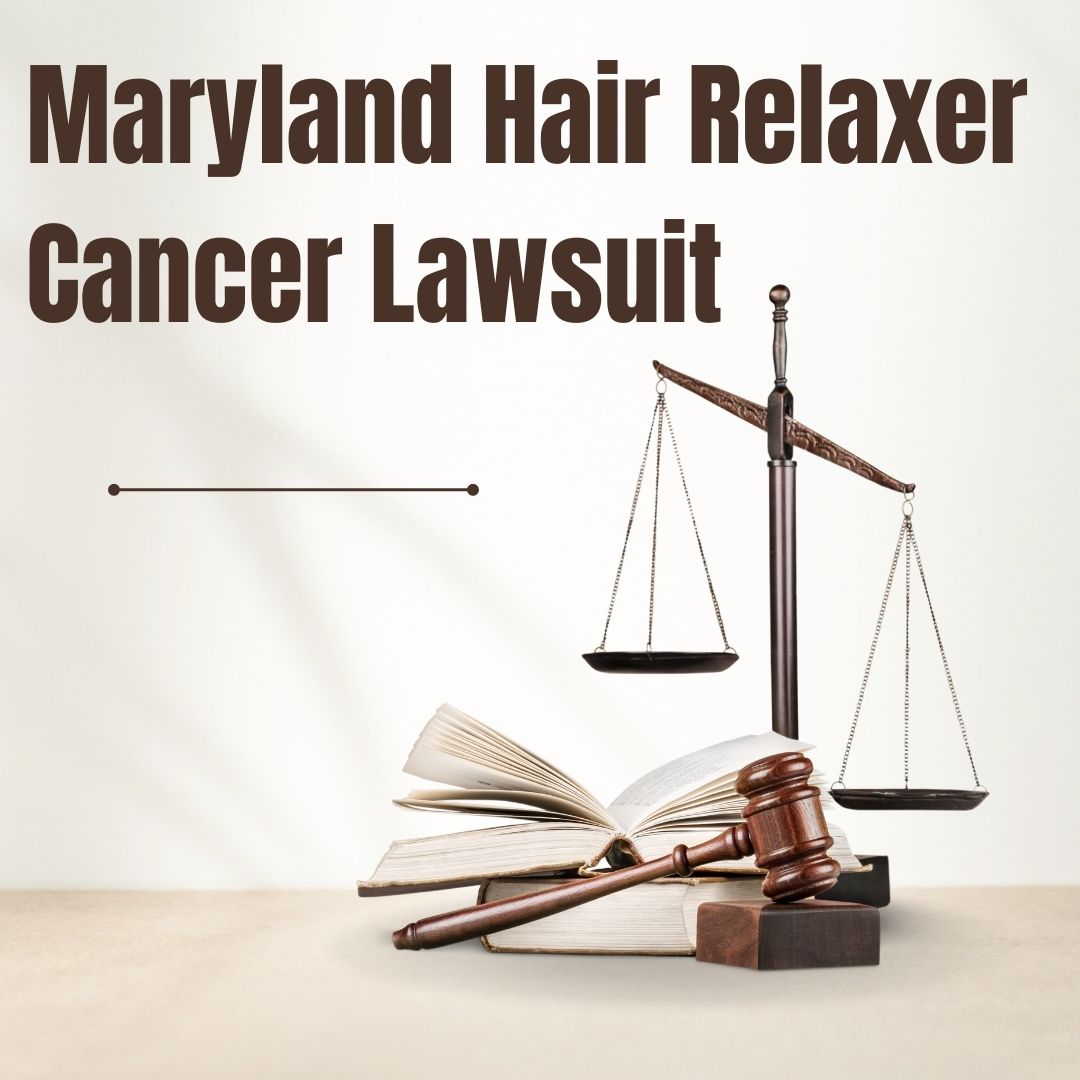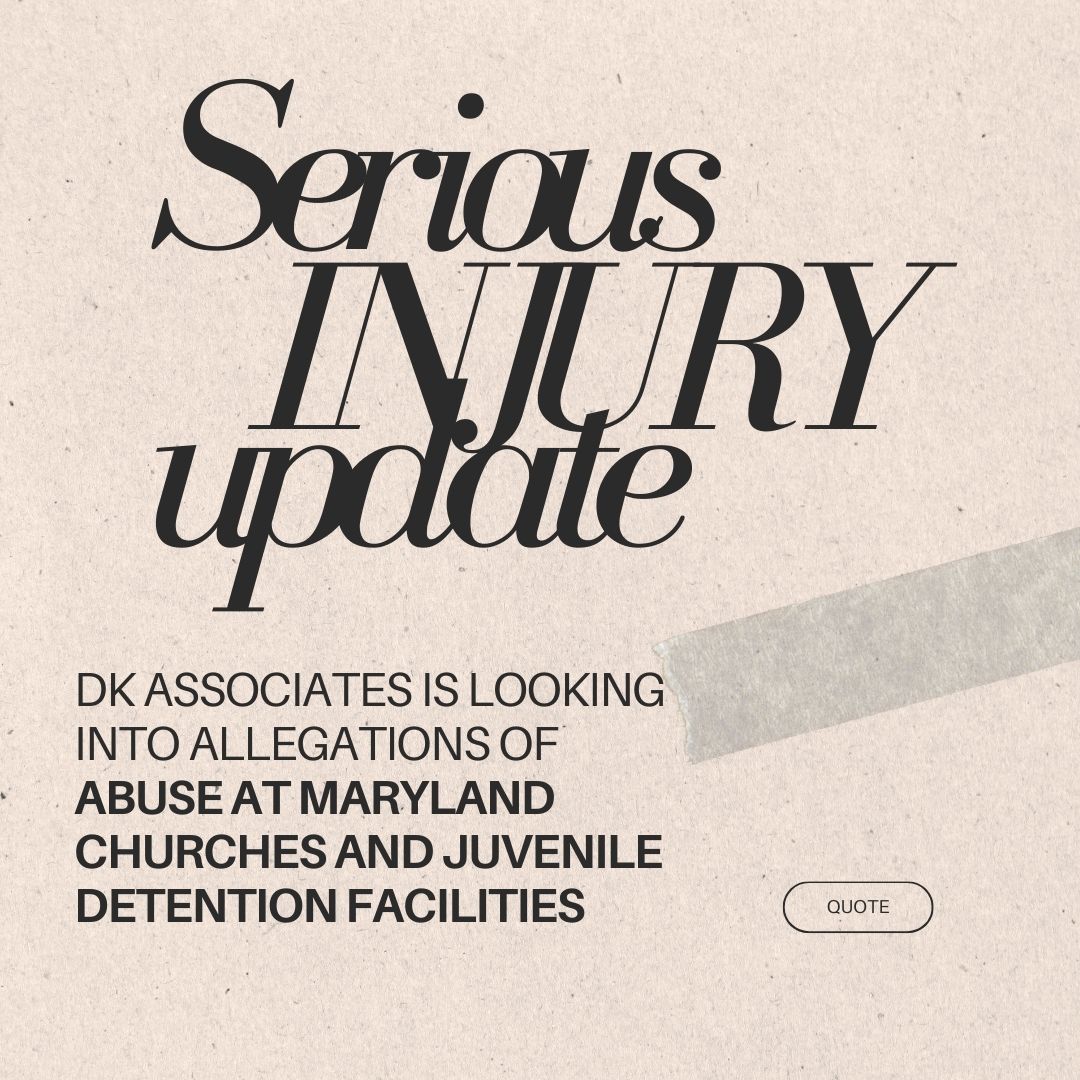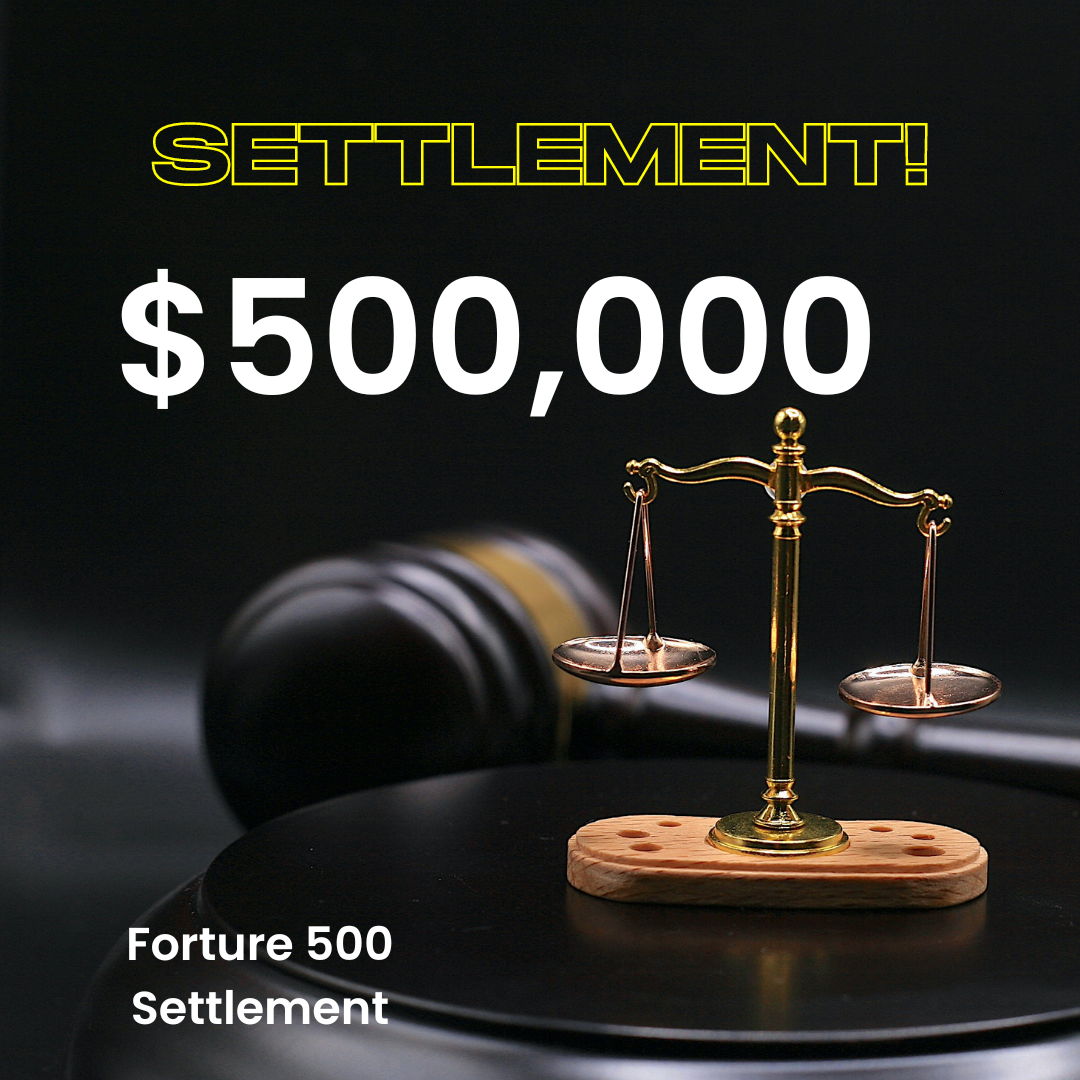Hair relaxer uterine cancer lawsuits have been making headlines recently, as new developments continue to emerge in this ongoing legal battle. These lawsuits center around allegations that certain hair relaxer products containing the chemical known as lye, or sodium hydroxide, may increase the risk of uterine cancer in women who use them regularly.
The link between sodium hydroxide, commonly known as lye, and cancer is a topic of scientific investigation and debate. Sodium hydroxide is a highly caustic chemical commonly used in various industrial and commercial applications, including certain hair relaxer products. Some studies have suggested a possible association between occupational exposure to sodium hydroxide and certain types of cancers, such as lung, esophageal, and stomach cancers. As with any potential health concern, it is advisable to consult with healthcare professionals and stay informed about the latest research and safety guidelines.
Here are five key developments in the hair relaxer uterine cancer lawsuit:
- Increasing Awareness: The hair relaxer uterine cancer lawsuits have brought significant attention to the potential health risks associated with the long-term use of these products. As more women have become aware of the possible link between hair relaxers and uterine cancer, the number of lawsuits filed against hair care companies has been steadily rising.
- Scientific Studies: Several scientific studies have been conducted to investigate the alleged connection between hair relaxers and uterine cancer. While no definitive causal relationship has been established, some studies have suggested a potential link, prompting further investigation and legal action.
- Class-Action Lawsuits: In recent years, a number of class-action lawsuits have been filed against hair care companies by women who claim they developed uterine cancer as a result of using certain hair relaxer products. These lawsuits seek compensation for medical expenses, pain and suffering, and other damages allegedly caused by the hair relaxers.
- Manufacturer Responses: Hair care companies have responded to the lawsuits in various ways. Some manufacturers have denied any wrongdoing and defended the safety of their products, citing regulatory approvals and adherence to industry standards. Others have opted for settlements or have taken steps to reformulate their products to reduce potential risks.
- Regulatory Scrutiny: The hair relaxer uterine cancer lawsuits have also drawn attention from regulatory agencies responsible for consumer product safety. These agencies have begun to investigate the safety of hair relaxers and the potential risks they may pose to consumers. Depending on the findings, regulatory actions or warnings may be issued to protect public health.
It is important to note that while these developments in the hair relaxer uterine cancer lawsuits are significant, the litigation process is complex and ongoing. As more information emerges and further research is conducted, the legal landscape surrounding hair relaxers and their potential health risks will likely continue to evolve. Individuals who have concerns about the safety of hair relaxer products should consult with healthcare professionals and stay informed about the latest developments in this area
There are hair relaxers formulated for African American hair that contain sodium hydroxide as an ingredient. Sodium hydroxide, also known as lye, is a potent chemical commonly used in hair relaxers to break down the protein bonds and straighten the hair. Here are a few examples of African American hair relaxer brands that may include sodium hydroxide in their formulations:
- Dark and Lovely: Dark and Lovely offers a range of relaxers, including their Classic and Healthy Gloss 5 relaxer kits, which may contain sodium hydroxide as the active ingredient.
- Optimum: Optimum is another brand that offers hair relaxer products designed for African American hair. Some of their relaxer kits, such as Optimum Care by SoftSheen-Carson, may utilize sodium hydroxide as part of their formulation.
- SoftSheen-Carson: SoftSheen-Carson produces hair relaxers for various hair types, including those formulated for African American hair. Their relaxer kits, such as their Dark and Lovely Relaxer kits, may include sodium hydroxide as an ingredient.
It’s important to note that the presence of sodium hydroxide in these hair relaxers means they are considered “lye relaxers” and can be quite potent.
Sodium hydroxide can cause chemical burns and scalp irritation if not used correctly.
For individuals in Maryland who have used hair relaxer products and are concerned about their potential health risks, it is crucial to seek legal advice from reputable and experienced Maryland counsel. Choosing a Maryland attorney who specializes in complex litigation and product liability law and has a track record of handling federal and state lawsuits can significantly strengthen your case. DK Associates possess in-depth knowledge of Maryland’s laws and regulations, which is particularly valuable when pursuing a hair relaxer uterine cancer lawsuit in the state. By contacting a trusted Maryland attorney, residents can receive the personalized attention, guidance, and representation they need to navigate the complexities of their hair relaxer lawsuit effectively. With the assistance of a Maryland attorney well-versed in suing large corporations, individuals can maximize their chances of obtaining fair compensation for their damages and holding the responsible parties accountable.




